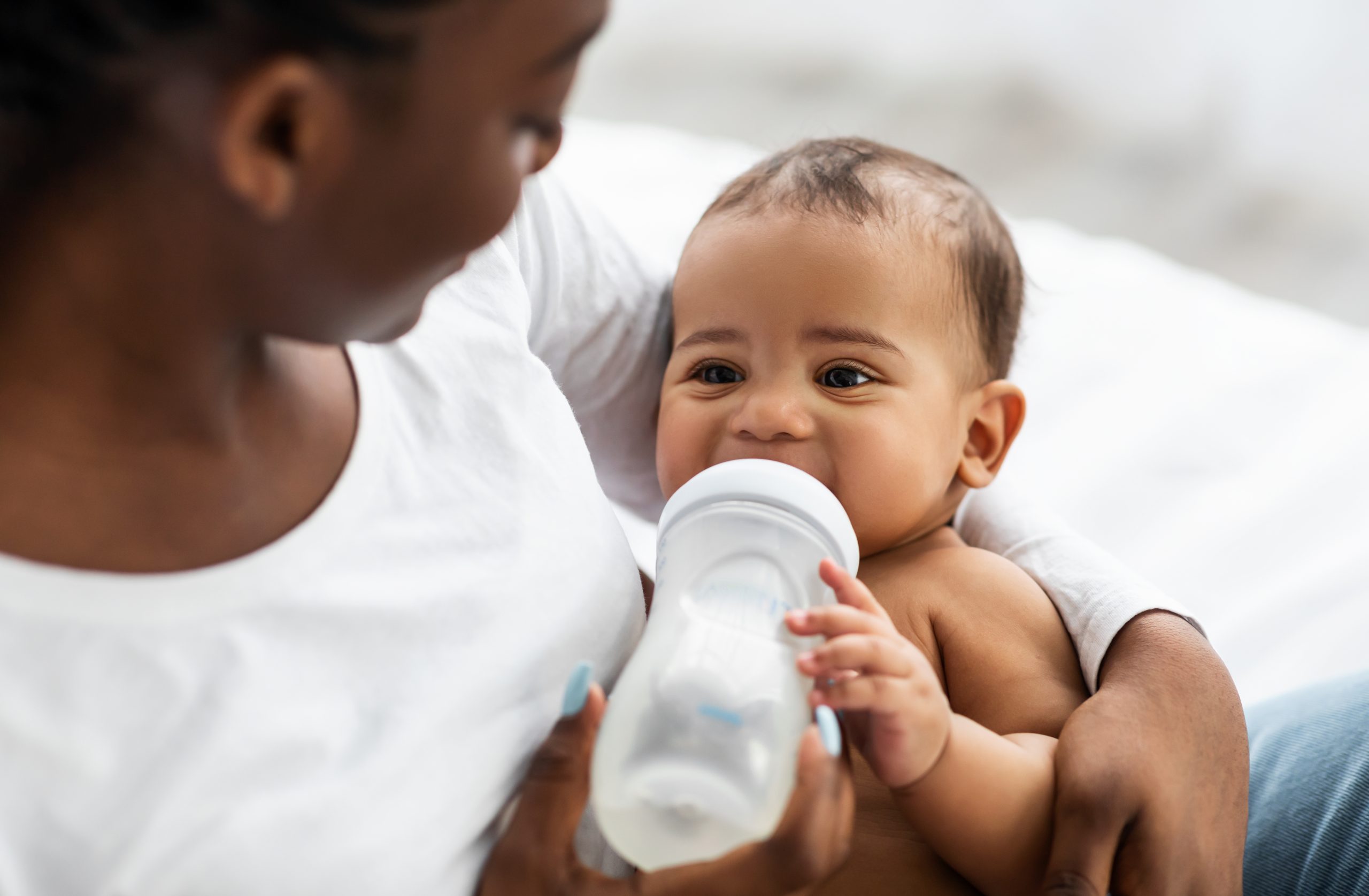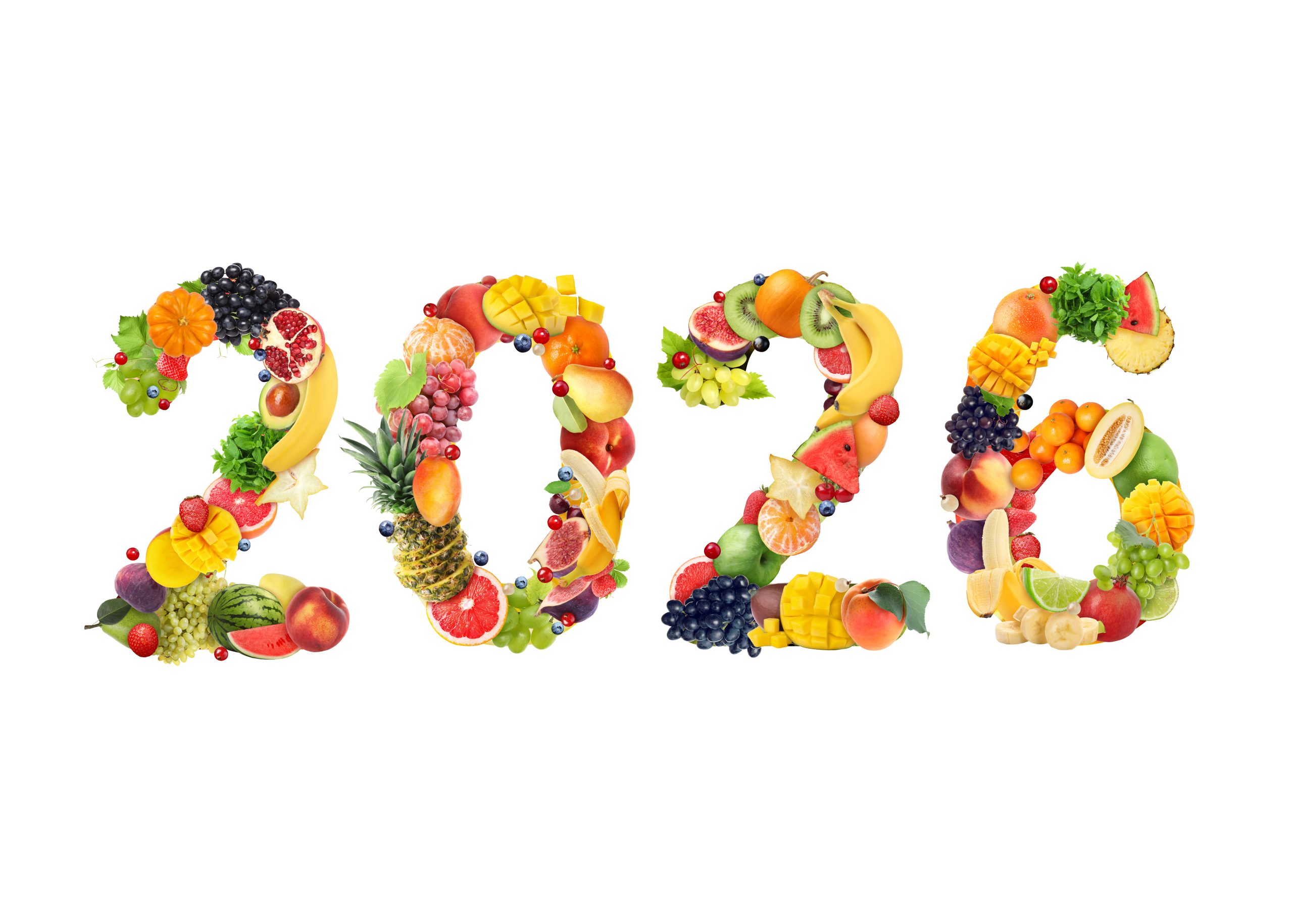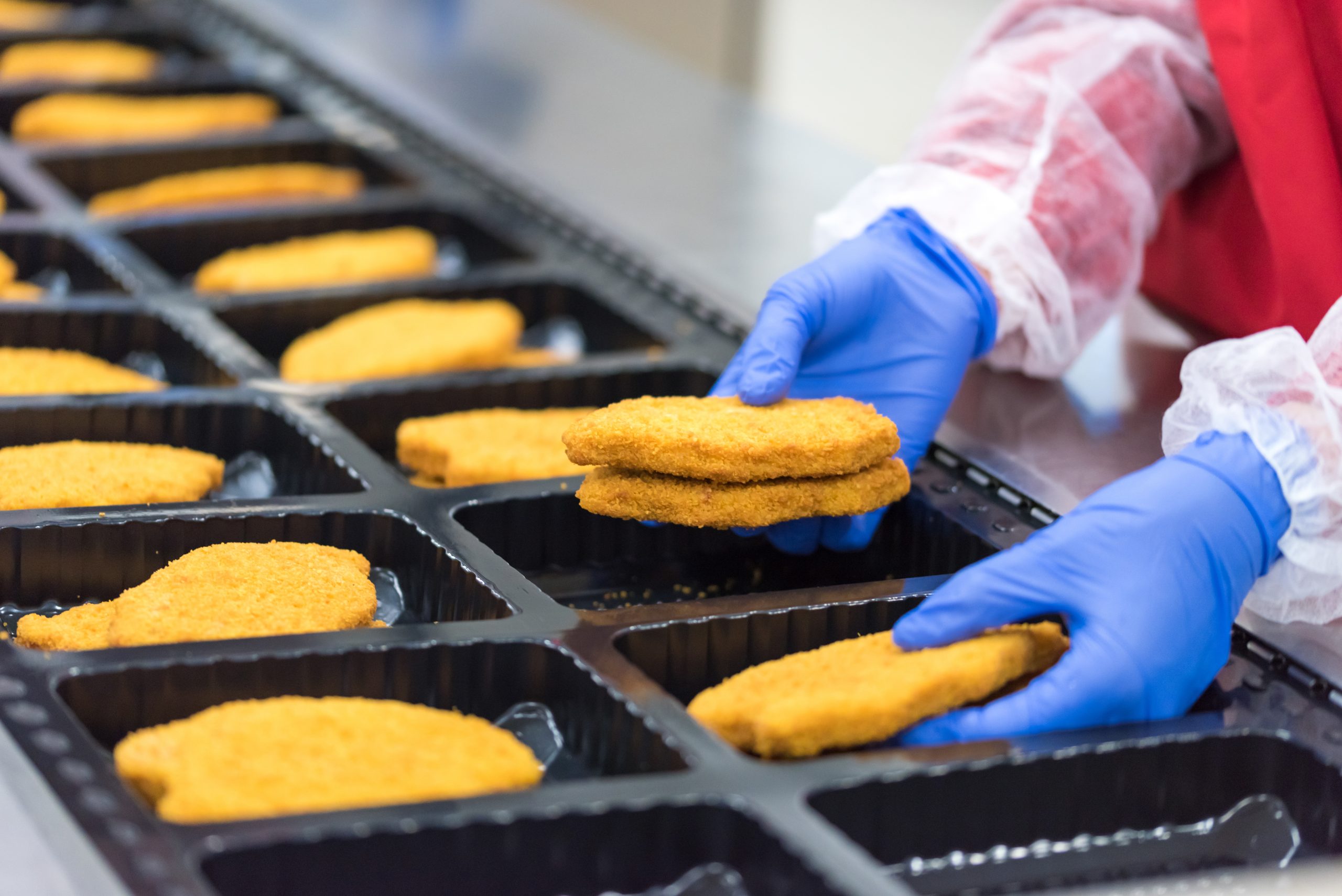A new ‘Big 3’ in grocery retail? Higher food prices? Less competition? More food deserts? These are some of the issues swirling around the recent news of a proposed 2024 Kroger Albertsons merger. Let’s dig deeper…
Overview…
- The numbers: 2 out of 3 shoppers would be reached by the merger; Kroger’s acquisition of Albertsons would mean a more diverse shopper demographic especially Latinos and Asians; new shoppers would be most likely to live in urban areas and more datapoints (https://www.supermarketnews.com/retail-financial/kroger-albertsons-merger-looking-numbers).
- Kroger promises the merger will mean lower prices for shoppers, promotion of healthier lifestyles, investment in staff wages/training/benefits and an extension of their healthcare/pharmacy network; the merger will give them outsized power to negotiate with suppliers. California is likely to see a big impact as Albertsons is #1 with 600 stores and Kroger with about half that number. Competition concerns will likely lead to divesting of some stores in Chicago, D.C., the Pacific Northwest, Dallas, Houston, Denver and Phoenix. At about 6,000 stores under either store’s banner, it will be hard for the Senate to block the deal (https://www.retaildietitians.com/articles/the-kroger-albertsons-deal-is-game-changing/).
- The merger is HUGE: in addition to the stores it would include 52 plants, 2,015 fuel centers and more (https://www.specialtyfood.com/news/article/regulators-seen-studying-kroger-albertsons-merger/).
- Marion Nestle lists the stores under the Kroger and Albertsons banners and calls for accountability for Kroger’s promises (https://www.foodpolitics.com/2022/10/krogers-acquisition-of-albertsons-what-does-it-mean/).
Concerns…
- Senate anti-trust panel to hold a hearing on merger in November: no date has yet been set amid legislator calls for more investigation of the anti-competitive aspects of the merger and others calling for the FTC to block the merger (https://www.grocerydive.com/news/senate-antitrust-panel-to-focus-on-kroger-albertsons-merger/634477/).
- The merger’s impact on independent grocers is one of the National Grocer Association’s concerns about the merger’s dominance over suppliers yet in some markets, store closures may lead shoppers to independent grocers (https://www.grocerydive.com/news/how-would-the-kroger-albertsons-merger-impact-independent-grocers/634262/).
- The merger will likely worsen food deserts in poor urban areas, as a buyout of Safeway by Albertsons in 2015 lead to bankruptcy of divested stores and closed Albertsons stores leading to layoffs and hurt businesses (https://www.forbes.com/sites/jennmcmillen/2022/11/09/kroger-albertsons-and-food-deserts-yes-we-should-worry/).
- Local Chicago entrepreneurs addressing food insecurity will be impacted as will other local businesses (https://www.grocerydive.com/news/the-friday-checkout-observations-on-chicagos-transforming-grocery-landsca/635757/).
- Go big or else..an op-ed looks at the new retail grocer reality; how a Kroger manager began chasing higher volumes to keep prices low and shoppers buying (consider Walmart which has 27% of the market); an interesting datapoint:
- 75% of Kroger’s staff is food insecure (https://www.latimes.com/opinion/story/2022-10-23/kroger-alberstons-low-prices-consumers-labor-environment-grocery-stores).
- Effect on food prices: Albertsons has higher prices than Krogers and there will be a need to bring prices in line and compete with discount stores such as Aldi; a 2012 study found that supermarket mergers can increase prices in concentrated markets; the number of grocery stores has been declining, dropping about 30% from 1993 to 2019; rural areas are at risk of becoming food deserts; will this merger spur other consolidation leading to less competition? (https://www.cnn.com/2022/10/17/business/kroger-albertsons-merger-groceries/index.html).
- Forces driving this merger: there’ll be a ‘Big 3’ consisting of Walmart, Amazon and the new merger; expanded private labels; scaling benefits of data and e-commerce, more national shopper data at the merger’s disposal (https://www.grocerydive.com/news/pardon-the-disruption-digital-forces-driving-kroger-albertsons-merger/634215/).
Opportunities…
- Industry eyes opportunities as some small retailers could get on the merger’s store shelves and smaller distributors could pick up niche products (https://www.specialtyfood.com/news/article/industry-eyes-opportunities-kroger-albertsons-merger/).
Defining competition…
- The merger means they will ‘corner’ the market yet there are many other places that sell groceries as compared to past mergers (https://www.grocerydive.com/news/kroger-albertsons-merger-ftc/634524/).
Reports, journal articles…
- America’s food monopolies and power imbalances report highlights courtesy of Marion Nestle (https://www.foodpolitics.com/2021/07/americas-food-monopolies-and-power-imbalances/).
- The Economic Cost of Food Monopolies: The Grocery Cartels, 2021, 20 pp report, Food and Water Watch: more than 60% of grocery categories are oligopolies/monopolies, 8 are competitive (https://www.foodandwaterwatch.org/wp-content/uploads/2021/11/IB_2111_FoodMonoSeries1-SUPERMARKETS.pdf).
- Do retail mergers affect competition? Evidence from grocery retailing: 14 regions affected by mergers were analyzed and prices in highly concentrated markets were most often associated with increased prices and those in less concentrated markets were associated with price decreases (https://onlinelibrary.wiley.com/doi/abs/10.1111/jems.12218).
- Monopoly power in food erodes choice and resiliency (https://www.tabledebates.org/research-library/monopoly-power-food-corrodes-choice-and-resilience).
Podcasts…
- Today Explained, Oct. 27, 2022, 26 minutes: Kroger now operates in 48 states and D.C.; it has 700,000 workers; a deeper dive into mergers, divestitures and ripple effects with a representative from the Institute for Local Reliance at https://ilsr.org/ which is anti-monopoly (https://www.listennotes.com/podcasts/today-explained/supermarket-supermerger-KSr02Pzc587/).
- SN Off the Shelf, Oct. 27, 2022, 38 minutes: an online call w/industry members and Q & A this is a deep, deep dive into the merger, past mergers, effect on independents and the likelihood this will spur other mergers – at the time of this podcast, 50% of industry leaders think the merger will go through (https://www.listennotes.com/podcasts/sn-off-the-shelf/the-kroger-albertsons-19d6ZKUpumC/).
- The Produce Moms, Nov. 2, 2022, first 26 minutes: discussion with a strategy executive: Will all the legal wrangling/review mean the merger won’t go through?; lower food prices are ‘theoretically’ a result of the merger unless the new company decides to take a bigger profit share but this executive considers Kroger an ethical company; an interesting look at grocery retail perspectives and what drives mergers – # of stores is high on the list as well as e-commerce; will there be more mergers? Hint: Oh yes! (https://www.listennotes.com/podcasts/the-produce-moms/ep239-the-many-views-behind-zHvOswapUhR/).
- Make Me Smart, Oct. 14, 2022, segment is 6 minutes into the podcast and lasts for 4 minutes: interesting datapoint – credit score might increase as a result of Kroger buying another company so their loans get cheaper (https://www.listennotes.com/podcasts/make-me-smart/this-isnt-your-run-of-the-BZhpt3M4kYN/).
One last thing…
- I stumbled on this site…Kroger employee reviews with some nutritionists weighing in (https://www.simplyhired.com/company/Kroger+stores).
continue reading
Related Posts
It’s a Busy Time for Nutrition. What’s Happening A current
The New Year is a time to look ahead…for dietary
SNAP benefits may have resumed but Dr. Marion Nestle assesses



